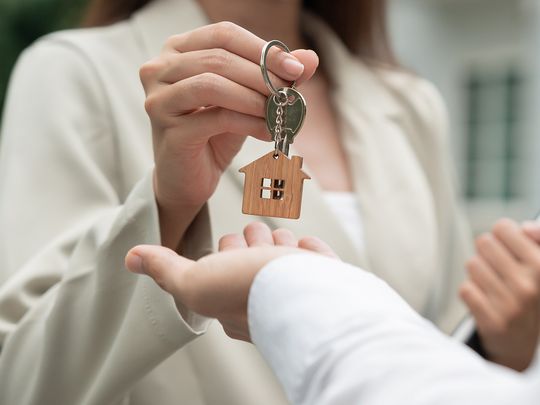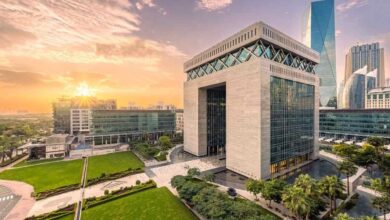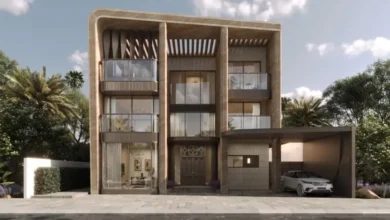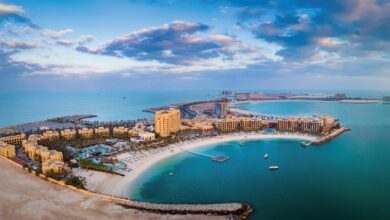
- The city's attractive real estate market, with high rental yields and potential for capital appreciation, appeals to expat investors.
Dubai remains one of the busiest real estate markets in the world, witnessing a 17 per cemt rise in real estate transactions this past quarter compared to Q1-2023.
The volume of luxury homes sold (valued at $10 million or above) was 19 per cent higher than the same period last year. Buying a home has become, for several residents, a more practical alternative to renting. There has been plenty of discussion about how we will see surges in rates of home ownership over the next few months as the reality of the new RERA Rental Index settles in. On the other side of the coin, existing tenants are trying to look for alternative solutions to manage rising rents and to continue living in their existing properties.
What all of this really underscores is how much Dubai has cemented its position as a city that people from all over the world call home. That is a very positive development for Dubai’s economy – but there is a larger cultural benefit here as well.
Building shared histories
There has always been a slight disconnect between different groups of expats living and working in Dubai. Some have been here for decades and have seen the rise of what was known as ‘new Dubai’, while others came in only a few short years ago and have only ever experienced the city as it is now. For them, the concept of Arabian Ranches being a lone community out in the desert is a foreign one.
As more expats settle in for the long-term, it helps to build a shared history and a true sense of community. There will always be newcomers in the city, but there will also be a larger group of established residents who are bound by memories of a changing and growing city.
Enriching the soul of the city
Dubai has been accused of being a city without a soul, a place that only exists for extravagant displays of wealth and for feats of almost impossible architecture. This image is fueled, in part, by holiday-goers who only visit the most tourist-friendly and ‘Instagrammable’ parts of Dubai, which they share with the world.
Residents who have lived here a while know that there is so much that lies beneath the surface of the glitz. There is a rich cultural heritage that goes back over 50 years, and on top of that there are new cultural booms happening thanks to the Museum of the Future, the Mohammed bin Rashid Library, and initiatives that are launched by schools across the city to enrich the minds of students.
As we have a growth in long-term Dubai residents, there will be a growth in the understanding of the city’s culture and the soul that it contains.
A luxury haven
Of course, being in the real estate industry, one can’t ignore the economic impact caused by such high levels of activity. Real estate accounts for nearly 15 per cent of the UAE’s GDP, which also takes into the account the construction sector. The building of new communities and the sales of properties in those communities (not to mention the demand for property in general) remains consistent year-on-year.
The growth in transaction numbers compared to units delivered has added to property values in several prime locations – and has lifted a few mid-market areas to the prime bracket.
While the growth in long-term home ownership has constricted the supply of available properties to some extent, particularly at the prime and super-prime level, it has also helped to bolster interest in communities that were previously overlooked.
By the summer of 2023, Dubai was seen as the world’s busiest luxury real estate market, and it already looks as if it’s going to surpass itself this year. Apart from that, Dubai will continue to enhance its reputation as a city that people from all walks of life can settle down in and call home.





